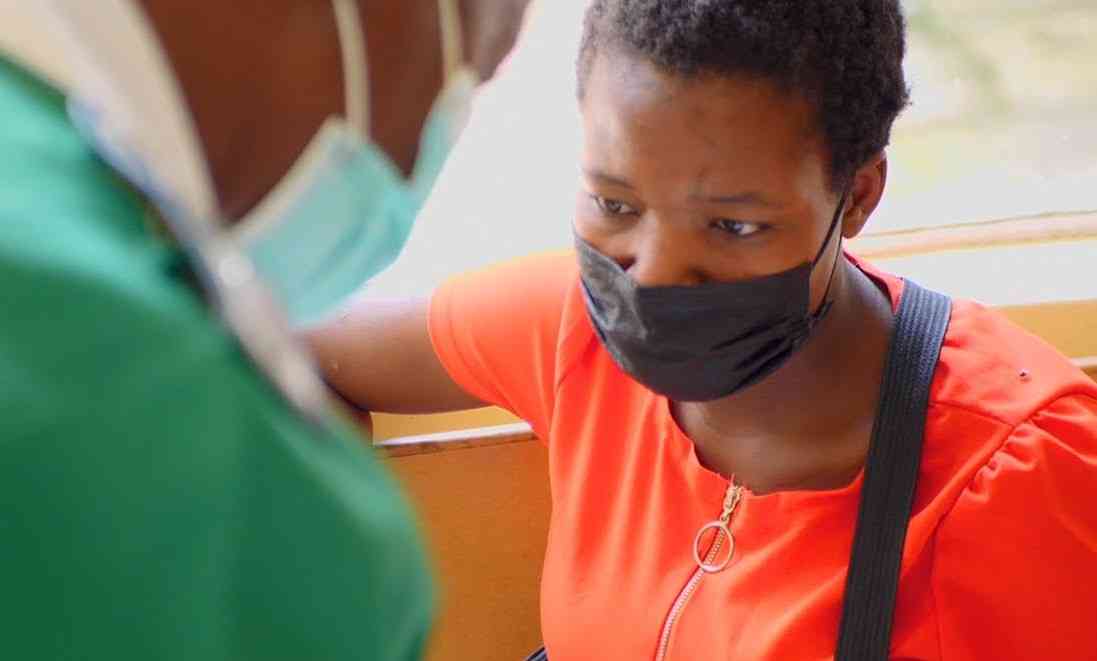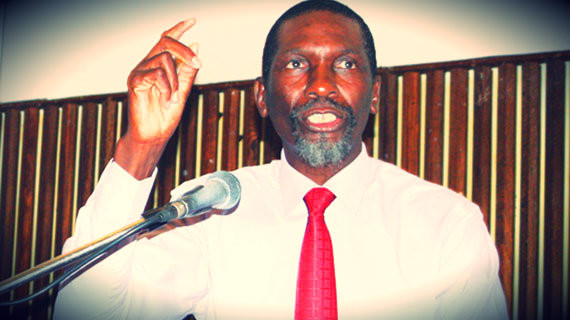
NESTER Nyoka, a Harare resident, is one of thousands of women who have received assistance under the urban voucher system at Edith Oppermann Clinic in Mbare.
The programme was introduced to complement the Results Based Financing (RBF) programme and implemented by Cordaid, an emergency relief organisation.
Cordaid is the project implementing partner while the World Bank provides funding and technical support.
The programme, which provides free maternal, newborn and child health services for the poor, was launched in 2014 as a pilot project in five wards of Nkulumane district in Bulawayo as well as Mbare and Hopley wards in Harare's southern district.
The areas were chosen because of their large population groups with the aim of improving access to health services through the provision of vouchers for antenatal, delivery and post-natal services.
“It was in 2016 when I got to know of the urban voucher system and I joined,” Nyoka said.
“It helped in every aspect of my maternity journey until after six weeks of giving birth.
“It became my solace as it covered up the gap that had been created after my husband lost his job.
- Zim has 2nd highest rising food prices: WB
- 'Market discipline difficult to maintain'
- Govt policy unpredictability destroying formal economy
- UZ fiasco shows govt is aloof
Keep Reading
“The project helped me to meet more than half the requirements for my first pregnancy. I am here again for the second time benefitting from the programme.”
Mercy Vashco, a Mbare resident, said the programme came in handy as she did not have money to register for antenatal care services.
“If we have complications during pregnancy and at child birth, we are being assisted quickly and free of charge. They even make it easy for us to hire ambulances,” Vashco said.
“In my previous pregnancies, I would suffer in silence at home as extra expenses were difficult to cover. I witnessed a number of women dying as a result of complications with pregnancy. I always lived in fear of the same, but the programme has come as a relief.”
Christoper Gumunyu, the Edith Oppermann nurse-in-charge responsible for the maternity department, said they adopted the urban voucher system in 2013.
Gumunyu said the programme has helped reduce maternal mortality.
“We do focused antenatal care where we will be assessing the client according to their needs. The visits should be at least four in our focused antenatal management,” he said.
“When the voucher system came to Mbare, a lot of women were giving birth at home and many challenges were met along the way, where many women died or lost their babies.
“However, they now shun those risky traditional methods of giving birth as they can now afford to get proper medical attention.”
Rosemary Mutambudzi, another Mbare resident, said her friend introduced her to the programme as she was struggling to meet costs related to pregnancy.
“She gave me a number to contact and I was taken through the application process. Today is my first time coming to the clinic and I am satisfied with the good service I received,” she said.
“I also feared a scenario where I would give birth at home under unfriendly circumstances. My worst nightmare is losing a lot of blood or dying while giving birth, so remaining at home was never ideal.”
At Parirenyatwa Group of Hospitals’ Mbuya Nehanda maternity hospital, nearly 3 000 women have benefitted from the programme which started last year, according to senior nursing officer, Bernadette Mandaza.
Method Pagiwa, a beneficiary who recently gave birth at Mbuya Nehanda maternity hospital said: “I had complications with my pregnancy while at my local clinic in Kuwadzana.
“I was told there was an emergency and I was to be referred to Mbuya Nehanda hospital. I was told an ambulance being paid for under the voucher system was on its way to ferry me. It happened faster than I thought and I was urgently operated on.”
The project seeks to accelerate access to quality maternal and child health services
Maternal mortality in Zimbabwe is 363 per 100 000 live births, according to the Preliminary Results of the 2022 Housing and Population Census.
- Follow us on Twitter @NewsDayZimbabwe










